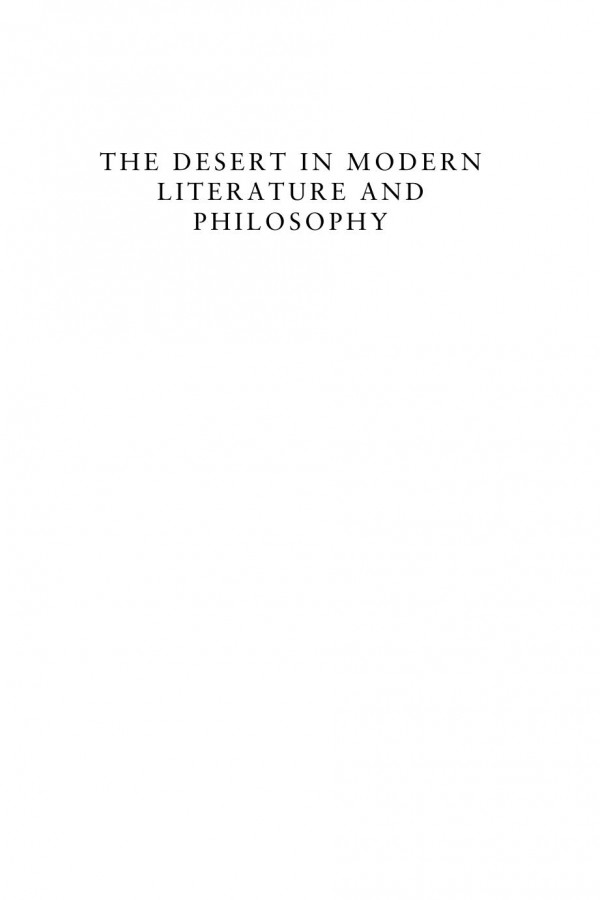

Most ebook files are in PDF format, so you can easily read them using various software such as Foxit Reader or directly on the Google Chrome browser.
Some ebook files are released by publishers in other formats such as .awz, .mobi, .epub, .fb2, etc. You may need to install specific software to read these formats on mobile/PC, such as Calibre.
Please read the tutorial at this link: https://ebookbell.com/faq
We offer FREE conversion to the popular formats you request; however, this may take some time. Therefore, right after payment, please email us, and we will try to provide the service as quickly as possible.
For some exceptional file formats or broken links (if any), please refrain from opening any disputes. Instead, email us first, and we will try to assist within a maximum of 6 hours.
EbookBell Team

0.0
0 reviewsAidan Tynan provocatively rethinks some of the core assumptions of ecocriticism and the environmental humanities. Showing the significance of deserts and wastelands in literature since the Romantics, he argues that the desert has served to articulate anxieties over the cultural significance of space in the Anthropocene.
From imperial travel writing to postmodernism, from the Old Testament to salvagepunk, the desert has been a terrain of desire over which the Western imagination of space and place has ranged. As our planetary ecological crisis heads in increasingly catastrophic directions, this critique of the figure of the desert in literature, philosophy and wider culture can help us map an environmental affect that finds itself both attracted to and repelled by arid, depopulated and barren landscapes of various kinds.
Philosophers crucial to understanding our contemporary environmental condition make extensive use of the desert as a conceptual topography, a place of thought. Nietzsche’s warning that ‘the desert grows’ has been taken up by Heidegger, Derrida and Deleuze in their critiques of modernity. Tynan engages this philosophical work through a range of 20th and 21st century art and literature, and provides new interpretations of the most significant literary deserts from T.S Eliot to Don DeLillo.